Here Are the Best Winter Tires to Ride Out This Season’s Record-Breaking Cold
Don’t mess around with your rubber.

As you slip and slide on the sidewalk and your car spins its tires while you try to drive around town during the bout of severe winter weather, consider this unlikely fact: ice isn’t slippery. For real. Pinky swear.
What is slippery is the thin layer of water that forms because the pressure of your shoe or your car’s tires on the ice causes it to heat and melt, providing the crucial lubrication that makes driving on ice as slippery as snot on a glass doorknob.
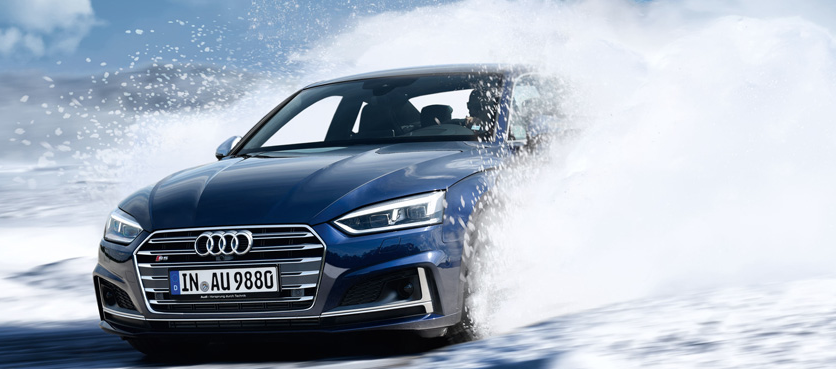
There are two solutions to this problem. One way is to make it too cold for the ice to melt. That seems to happen around -10 degrees Fahrenheit. At that temperature and below you can leave black marks on the ice with your tires, just like on pavement, because the rubber has so much grip.
But if the weather is already plenty cold for you and you don’t want it to be any colder, you can use the second method, which is to install tires that have tiny slices in the tread that absorb that thin water layer, letting the rubber meet the ice.
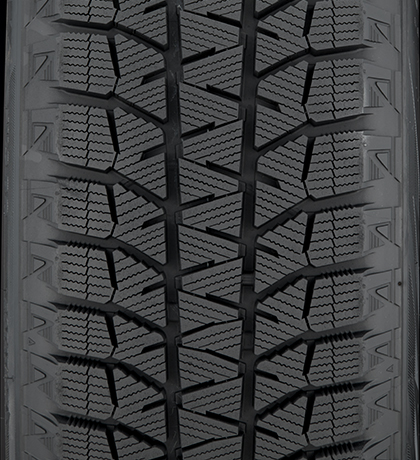
Handling snow is another matter. That’s where you need the chunky tread blocks like you’d see on an off-road mud and sand tire, to help take a bite out of the snow pack. Also, the rubber used to make winter tires is softer, so it doesn’t turn into hard plastic at sub-freezing temperatures, reports Woody Rogers, Tire Information Specialist for The Tire Rack.
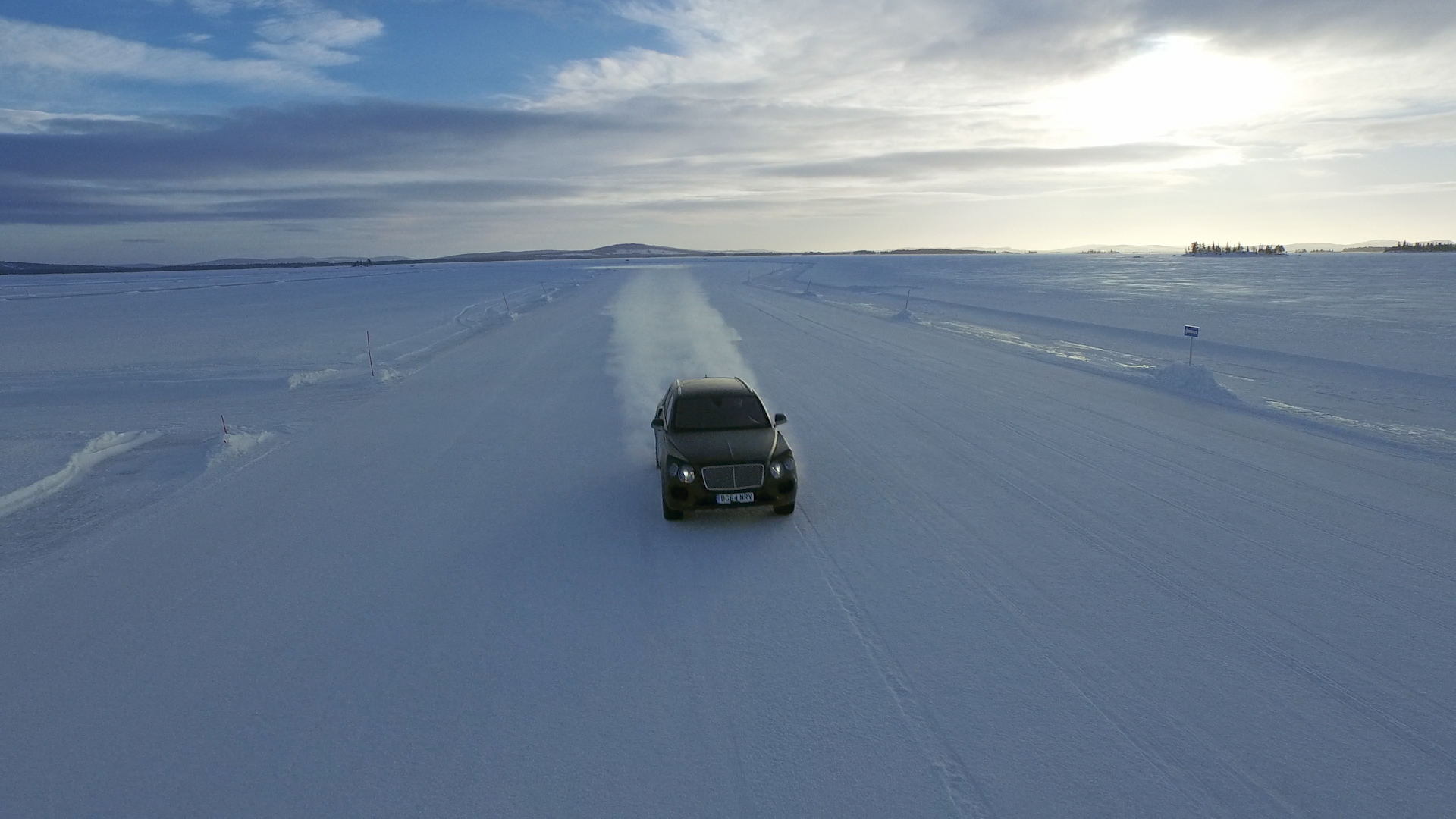
Some places permit drivers to use tires with tiny steel studs embedded in the tread surface. Consider them soccer cleats for your car. But just as many artificial turf fields prohibit use of cleats, so do many states ban tire studs, and for the same reason: they can tear up the playing/driving surface.
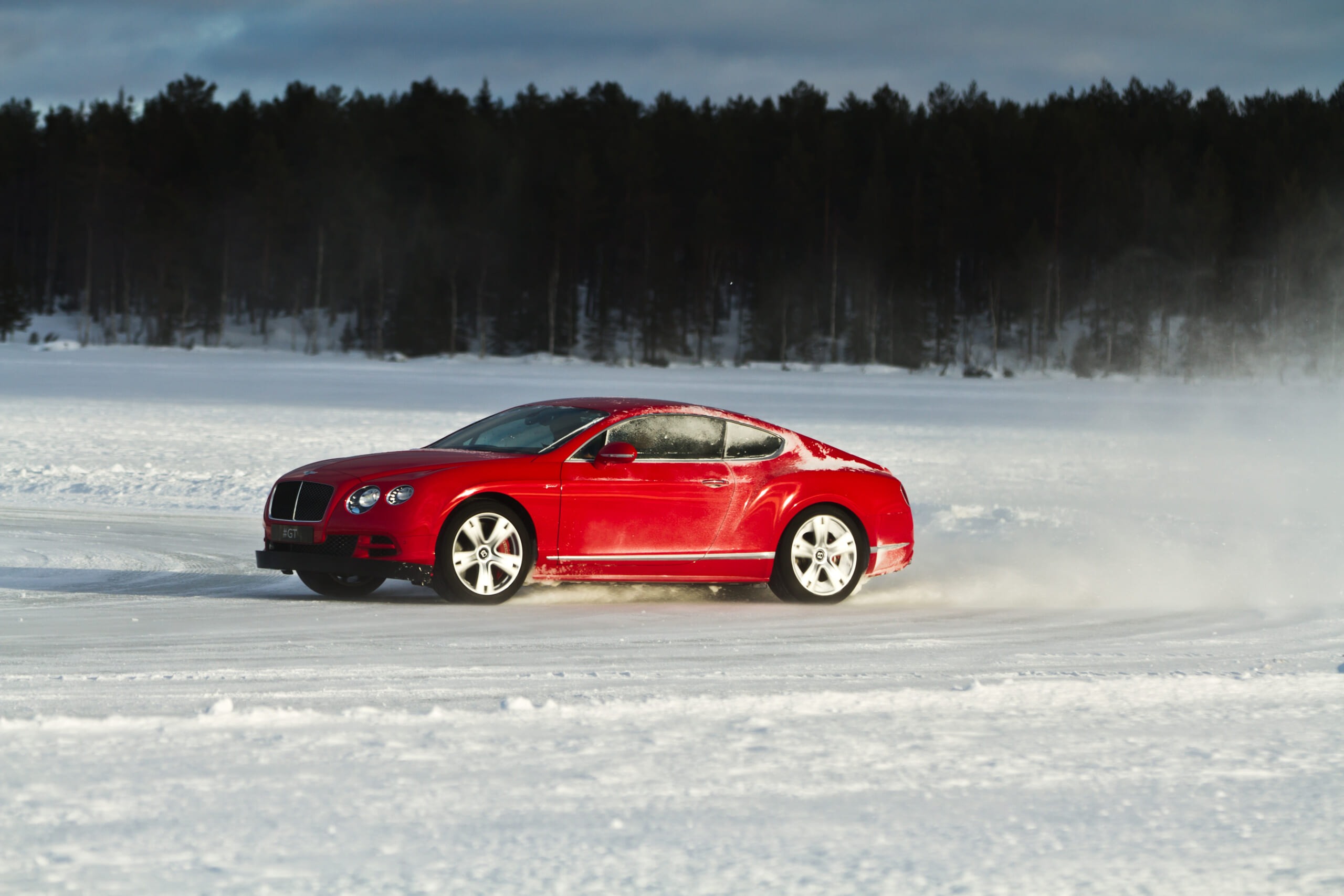
Bridgestone’s Blizzak family of winter tires are surely the best-known in the US, and voting by drivers on TireRack.com names them tops among car tires for driving in winter conditions.
The Blizzak WS80 leads the way in overall score and in winter/snow driving. The Blizzak WS70 and WS60 follow in winter/snow driving, while Michelin’s X-Ice Xi3 rates second in overall score, followed by the Goodyear Ultra Grip Ice WRT.
However, for really serious drivers, who can use studded tires, it seems like Finland’s Nokian Hakkapeliitta 8 would be the ideal winter tire. Seriously, do you want snow tires from Japan, France or America when Finland makes snow tires?
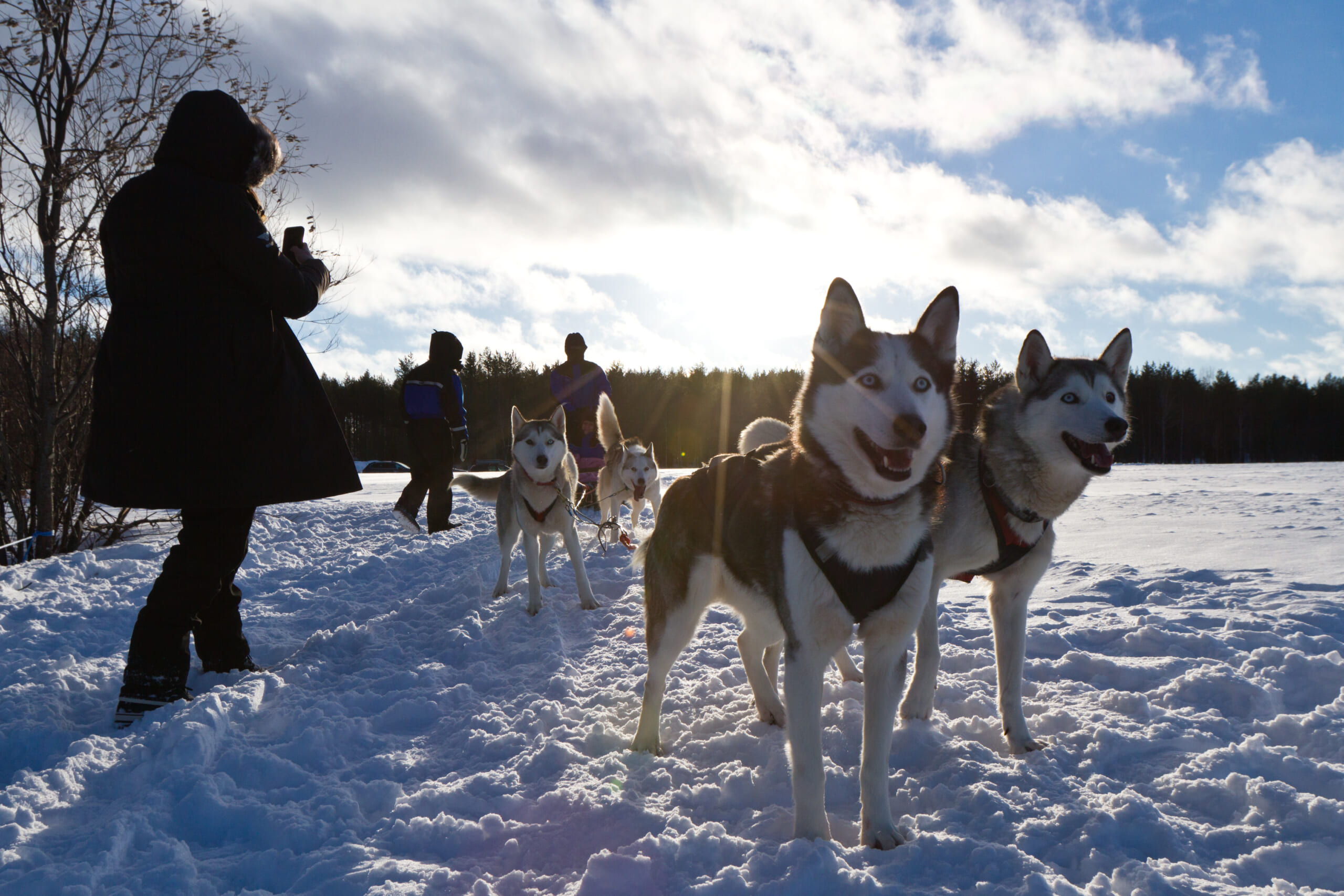
No matter which tires you use, Rogers reminds us that tire air pressure drops 1 pound for every 10 degree drop in temperature, which could represent a 5 pound drop over the last week or so for some locations. So be sure to check your tires’ air pressure.
And if Finnish tires aren’t good enough for you to defeat the bomb cyclone, there are always sled dogs.






